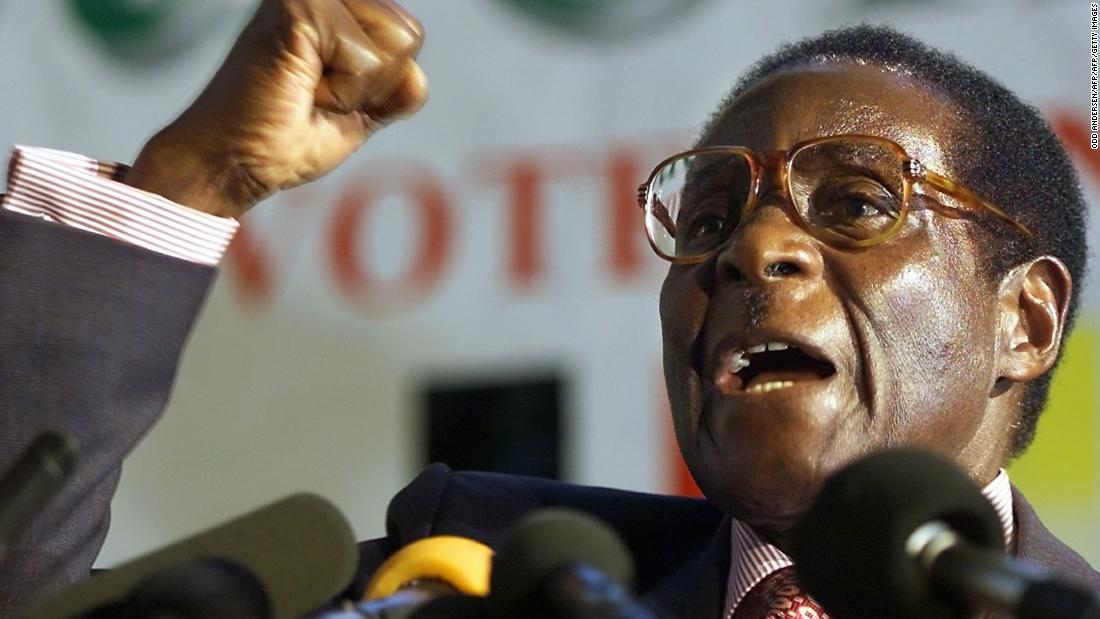 Robert Mugabe, the man who ruled Zimbabwe for 37 years has died at 95. Until November 2017, Robert Gabriel Mugabe was the only leader to have governed Zimbabwe since independence in 1980, thereby, making Mugabe and Zimbabwe inseparable like first and last names.
Robert Mugabe, the man who ruled Zimbabwe for 37 years has died at 95. Until November 2017, Robert Gabriel Mugabe was the only leader to have governed Zimbabwe since independence in 1980, thereby, making Mugabe and Zimbabwe inseparable like first and last names.
In this report, WASIU SALAMI dissects the life and times of the late powerful African leader.
Born on 21 February 1924 in what was then Rhodesia – a British colony, run by its white minority, Robert Gabriel Mugabe was feted as an African liberation hero and champion of racial reconciliation when he first came to power in a nation divided by nearly a century of white colonial rule.
He was imprisoned for more than a decade without trial after criticising the government of Rhodesia in 1964.
 In 1973, while still in prison, he was chosen as president of the Zimbabwe African National Union, Zanu, of which he was a founding member.
In 1973, while still in prison, he was chosen as president of the Zimbabwe African National Union, Zanu, of which he was a founding member.
Once released, he headed to Mozambique, from where he directed guerrilla raids into Rhodesia. But he was also seen as a skilled negotiator.
Political agreements to end the crisis resulted in the new independent Republic of Zimbabwe.
With his high profile in the independence movement, Mr Mugabe secured an overwhelming victory in the republic’s first election in 1980.
He abolished the office in 1987, becoming president instead, a post he would retain through both electoral success and the use of violence for decades to come. But over his decades in power, international perceptions soured, with an increasing number of critics portraying Mr Mugabe as a dictator.
In 2000, facing serious political opposition for the first time, he seized white-owned farms to resettle black farmers, causing economic disruption but boosting his popularity among supporters.
Around the same time, pro-Mugabe militias used violence to influence political outcomes.
 In 2008, when he lost the first round of the presidential election, attacks on the opposition resulted in his rival pulling out of the contest.
In 2008, when he lost the first round of the presidential election, attacks on the opposition resulted in his rival pulling out of the contest.
He famously declared that only god could remove him from office.
He was forced into sharing power in 2009 amid economic collapse, installing rival Morgan Tsvangirai as prime minister. But in 2017, amid concerns that he was grooming his wife Grace as his successor, the army, his long-time ally, turned against the president and forced him to step down.
Mugabe died in Singapore, where he has often received medical treatment in recent years. His successor, Emmerson Mnangagwa, expressed his “utmost sadness”, calling Mr Mugabe “an icon of liberation”.




